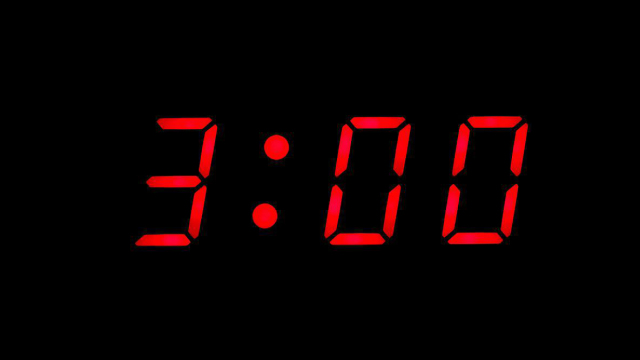Waking up during the night does not necessarily mean you have insomnia, which, says Gregory, is diagnosed alongside other criteria such as the frequency of this occurrence and how long it has been happening. “If you find yourself waking regularly during the night, certainly flag this with your GP so they can consider any possible underlying causes.”
Still, sleep deprivation takes its own toll, from irritability and reduced focus in the short term, to an increased risk of obesity, heart disease and diabetes. If you do find yourself regularly waking up without any apparent reason – what can you do about it?
“It’s a misconception that we sleep the night through – nobody ever does,” says the sleep coach Katie Fischer. Waking as much as five or seven times a night is not necessarily a cause for concern – the most important thing is how you feel when you get up. “In the morning, do you feel refreshed, or groggy and unable to function, 30 minutes after waking?”
If there is nothing to suggest an underlying medical issue, Fischer will look at the bigger picture with a patient. “It’s really important to know if they have children. Do they have a partner who snores, or works shifts?” she says. “They might not have their own sleep issues but they might be sleeping next to someone who does.”
Lifestyle changes can make a big difference, even for people suffering from sleep apnoea (although that should be treated by a specialist). It is hackneyed to point the finger at caffeine, but people tend to underestimate how long its effects can last – Fischer says to stop consuming it by 2pm or 3pm. Water intake during the day is also a factor: “Even going to bed mildly dehydrated can disrupt our sleep.
”Similarly, although people commonly turn to alcohol to help them fall asleep – Fischer says one in 10 use it as a sleep aid – it has a disruptive effect beyond the initial crash, causing spikes in blood sugar and cortisol levels. Diet can function in the same way, with “anti-sleep foods” that are high in sugar or cause flatulence or heartburn (such as broccoli and cabbage).
A “pro-sleep” bedtime snack is a small amount of complex carbohydrates and protein, such as wholegrain cereal with milk, or toast with peanut butter, says Fischer. An “anti-inflammatory” diet favouring fruits, vegetables, lean protein, nuts, seeds and healthy fats (and limiting processed foods, red meats and alcohol) has been shown to improve sleep apnoea.

